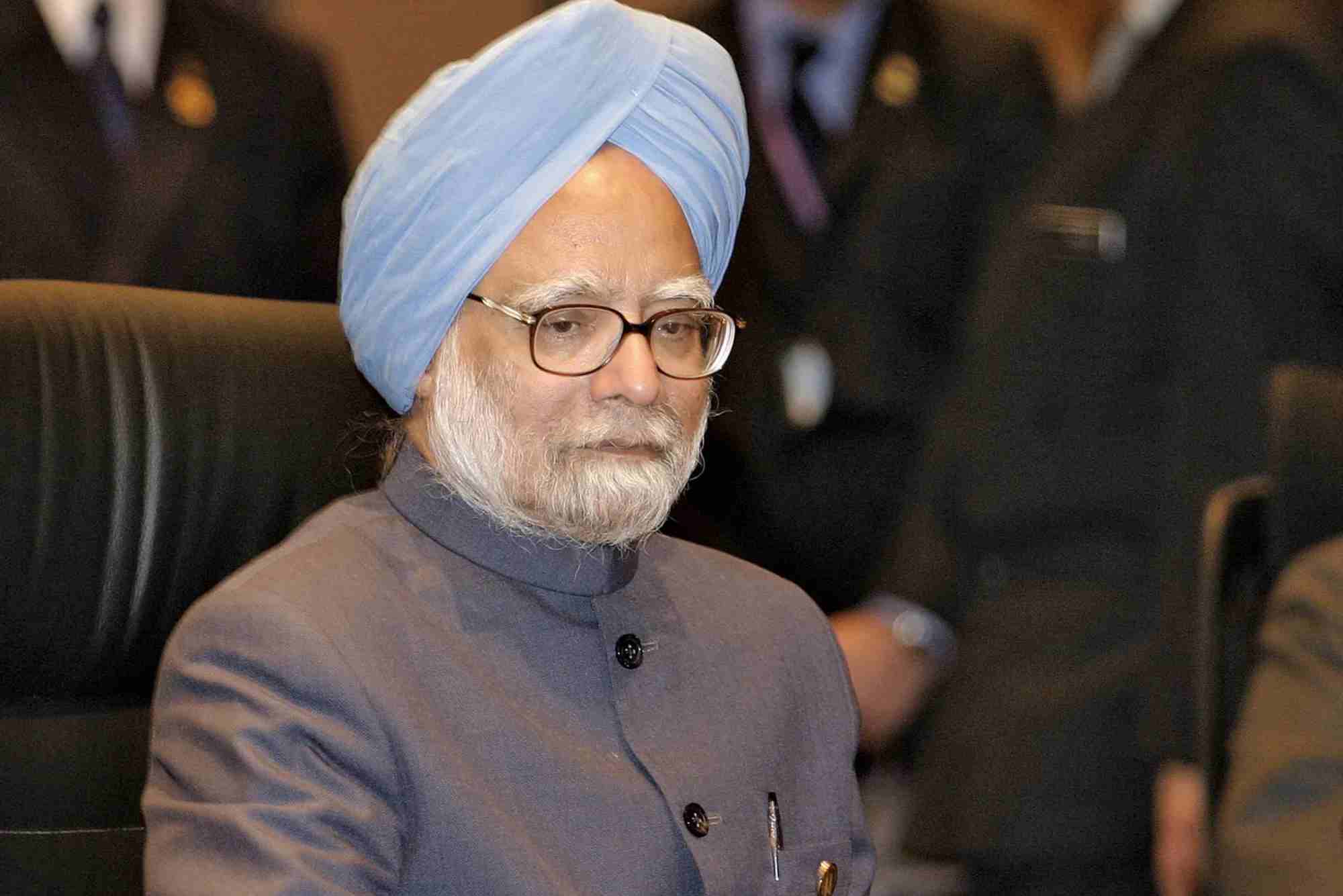The Educational Path of Former PM Manmohan Singh
Education has the power to shape leaders, and few examples illustrate this better than Dr. Manmohan Singh. Known as India’s reform-driven economist and the 13th Prime Minister, his academic journey reflects dedication, perseverance, and global recognition. To understand his policies and leadership style, one must first explore Manmohan Singh’s education, which laid the foundation of his remarkable career.
Early Education in Punjab
Dr. Manmohan Singh was born in 1932 in Gah, a small village in Punjab, now in Pakistan. His early schooling took place in Punjab before the Partition of India. Despite hardships, he developed an interest in academics from an early age. Teachers recognized his brilliance, and his discipline made him stand out among peers. His focus on mathematics and economics began in school, setting the stage for higher education.
Manmohan Singh’s College Years
Hindu College, Amritsar
After Partition, his family migrated to India, where he pursued his undergraduate studies at Hindu College, Amritsar. He earned a Bachelor’s degree in Economics. His strong academic record opened doors to prestigious opportunities, both in India and abroad.
Panjab University, Chandigarh
Dr. Singh then completed his Master’s degree in Economics at Panjab University. Here, he developed a deeper understanding of economic theories and policy-making. Professors described him as hardworking, humble, and deeply curious. His education at Panjab University solidified his desire to pursue advanced studies overseas.
Higher Studies Abroad
University of Cambridge
Dr. Manmohan Singh’s intellectual journey took a global turn when he joined the University of Cambridge in 1957. He studied at St. John’s College and earned a first-class honors degree in Economics. At Cambridge, he was influenced by renowned economists like Joan Robinson and Nicholas Kaldor. These mentors shaped his thinking on socialism, market reforms, and development economics.
University of Oxford
Following Cambridge, Singh pursued his doctoral studies at the University of Oxford. He was admitted to Nuffield College, where he researched “India’s Export Performance, 1951–1960.” His Ph.D. thesis examined trade policies and economic development in India. This academic contribution was later recognized as a significant work in development economics.
Academic Career and Teaching
Before entering policy and politics, Dr. Manmohan Singh taught at several universities. He served as a professor at Panjab University and later at the prestigious Delhi School of Economics. His teaching career showcased his ability to simplify complex economic theories for students. This phase also allowed him to publish influential papers on India’s economy.
Role of Education in Shaping Manmohan Singh’s Career
From Economist to Reformer
Manmohan Singh’s education prepared him for leadership roles in India’s economic planning. His Cambridge and Oxford training gave him a global outlook, while his Indian academic roots kept him grounded in local realities. This balance later defined his economic reforms.
Entry into Public Service
Armed with his expertise, Singh joined the Government of India as an economic advisor. His knowledge of global economics, shaped by his education, proved crucial during challenging times. In 1991, when India faced a severe financial crisis, his background enabled him to introduce liberalization reforms that transformed India’s economy.
Achievements Linked to His Education
Dr. Manmohan Singh’s education not only shaped his personal career but also had a lasting impact on India. His policies, grounded in sound economics, helped India emerge as a global player. His scholarly discipline gave him a reputation as a leader who preferred reason over rhetoric.
Legacy of Manmohan Singh’s Education
Dr. Singh’s journey shows how education can create visionaries. From Punjab’s classrooms to Oxford’s libraries, his academic excellence became the cornerstone of his leadership. Even as Prime Minister, he often credited his teachers and mentors for guiding him.
FAQs on Manmohan Singh Education
Where did Manmohan Singh study in India?
He studied at Hindu College, Amritsar, and Panjab University, Chandigarh, before moving to Cambridge and Oxford.
Did Manmohan Singh study at Oxford University?
Yes, he pursued his Ph.D. at the University of Oxford, Nuffield College, focusing on India’s export performance.
What was Manmohan Singh’s Ph.D. topic?
His doctoral thesis was on “India’s Export Performance, 1951–1960,” analyzing trade and development.
How did Manmohan Singh’s education help India?
His training in economics enabled him to design reforms in 1991 that liberalized India’s economy and promoted growth.
Who were Manmohan Singh’s mentors?
At Cambridge, he was influenced by economists like Joan Robinson and Nicholas Kaldor.
The story of Manmohan Singh’s education highlights the power of knowledge in shaping leaders. His journey from Punjab to Cambridge and Oxford molded him into one of the finest economists and reformers of modern India. For students and professionals, his life is an inspiring example of how education can drive change.
If you are inspired by his journey, continue exploring biographies of great leaders and their educational paths. To learn more about global leaders and their influence, visit [relevant educational resources] and [internal knowledge hub].




